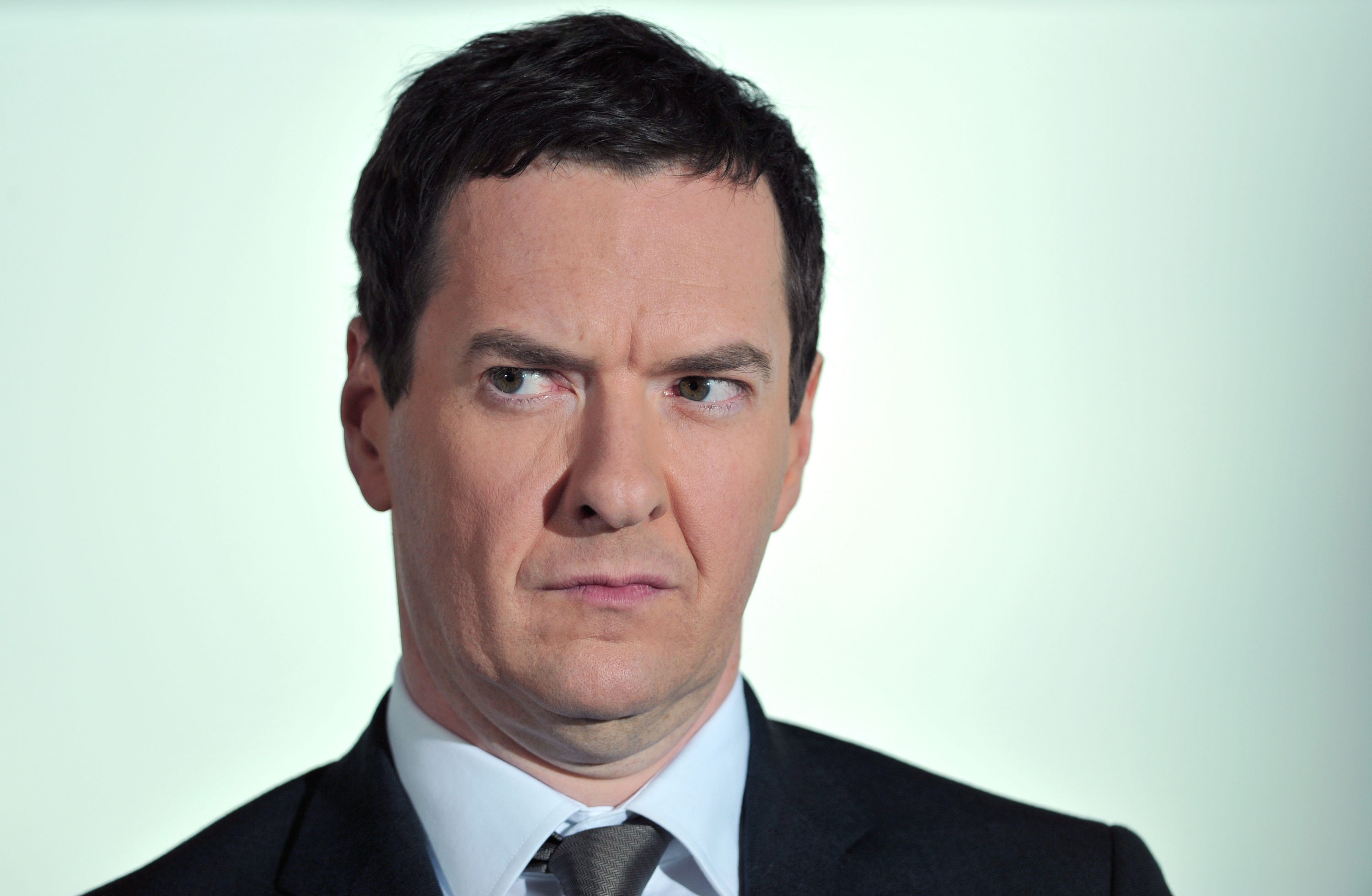Former Chancellor and oft-derided Conservative MP George Osbourne has recently been appointed as the new Editor-in-Chief of the London Evening Standard. Osbourne was appointed for the role at London’s famously conservative daily newspaper by its owner Evgeny Lebedev, who also owns publications such as the Independent. Whether Osbourne will be a good editor of the Evening Standard is one question, but the real question on everyone’s lips is whether Osbourne will continue as an MP having taken on this editorial role.
Critics of Osbourne’s decision to join the Evening Standard have argued that juggling the roles of Editor and MP will affect Osbourne’s competence in both roles, but also that it presents a major conflict of interest between government policy and the media. This role would not, however, be the only conflicting role Osbourne holds at the moment, with his position as an advisor at BlackRock investment banking, paid speaking engagements, and his role as a Kissinger Fellow at the McCain Institute in Washington, D.C. In fact, the £75,000 per annum Osbourne receives for his job as an MP is the smallest amount he receives out of his many paid roles; this raises the question of how much time and effort Osbourne would dedicate to constituency work, knowing that he could happily step down before or at the next election with several roles to fall back on.
Of course, Osbourne is not the only politician to take on additional roles other than that of representing their constituents. Other notable Members of Parliament such as Boris Johnson and Michael Gove both have weekly columns in widely-circulated newspapers. However, critics such as Nigel Adams MP have made the important distinction that writing a weekly column for a newspaper is a far less time-consuming role than actually running a newspaper. Yet, on a practical level, Osbourne will be able to delegate much of his workload to experienced journalists and editorial staff. Thus, it seems that Osbourne’s competence in his role as an MP won’t be significantly changed by his acceptance of the editorship of the London Evening Standard.
Still, we have to ask if Osbourne’s new role entails an ethical, rather than practical, conflict of interest. Ethically, Osbourne’s access to confidential information as a member of government and specifically, of the Privy Council, seems to indicate that there is an overwhelming conflict of interest. Not only would this mean that matters of great concern could be leaked to the Evening Standard, but that the editorial direction of the newspaper will be influenced by insider information. Thus, it would seem only right for Osbourne to step down as an MP. What else can Osbourne do in Westminster politics anyway? He was David Cameron’s right-hand man since Cameron won the Conservative leadership in 2006, and helped run the country from 2010 to 2016.
Having taken on the role of Editor-in-Chief at the London Evening Standard, it would only be ethical for George Osbourne to stand down as MP for Tatton. Whether he will stand down is a different question. After all, Westminster and Fleet Street share many connections, and the movement of people from politics to journalism and vice versa will unlikely cease regardless of what Osbourne decides to do.
Nathan Olsen
(Image courtesy of Rentify)

